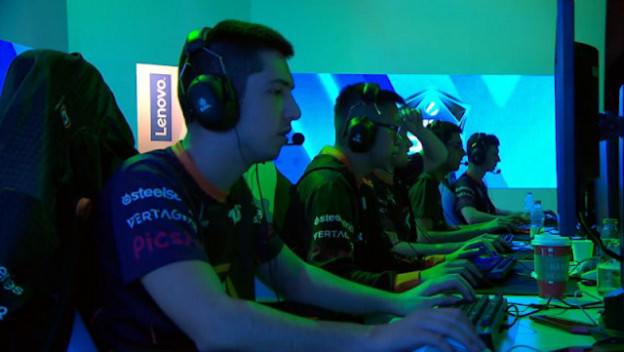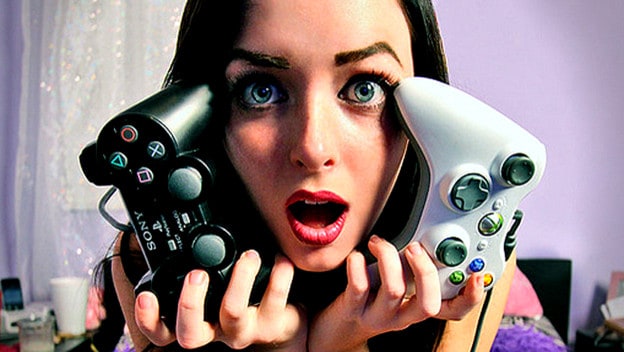Gaming often gets a bad rap in the mainstream media. Whenever a tragedy occurs, people look at the perpetrator to see if they were responsible. Those who classify games as their hobby might get asked if they live in their mothers’ basement. Now, with the World Health Organization saying gaming disorder is a mental health condition, some might think just being a fan is enough to make you crazy. All of it might frustrate people who enjoy games and do know how to do so in moderation. But while such things may be discouraging, the WHO classification may not be as bad as it sounds.
First, let’s go over what the WHO classification of gaming disorder is. This was a controversial inclusion, since many psychologists do not believe it should be in the International Classification of Diseases. (Something they probably have in common with fans who do not consider their hobby a problem.) If someone prioritizes gaming over other activities, does not stop even if it damages their life in physical or mental ways, and gets in the way of things like eating or sleeping for 12 months. If that happens, people should start seeking help.
What’s good about this is that it shows WHO is not having a knee-jerk reaction and declaring all gamers afflicted by gaming disorder. Anyone who has ever had a much coveted game released probably prioritized it after launch, avoiding other plans and activities to play it as much as possible for the first one to seven days. I went to a midnight launch for Mass Effect 3, then proceeded to play it for about two hours before finally going to bed so I could function the next day. People need to exhibit harmful behaviors, a lack of restraint, and addictive attitudes for a year before concern kicks in. It also is not totally off of the mark. We recognize that gambling can be a harmful addiction for some of the same reasons as gaming addiction.
It also helps that the intent of labeling gaming disorder is not to make fun of people or try to demonize video games. As my colleague pointed out, this classification can mean an opportunity for further research and change. Now that WHO is dignifying it in a way that acknowledges some people who game could become addicted, we can see funded studies that explore the impact. We can get journals and proof as to how significant or insignificant it is. People who feel like it has become a problem beyond their control, maybe because they became too addicted to mobile games with gacha systems or online games with competitive scenes, can seek treatment. They can get help, maybe even covered by insurance, instead of being told to “stop playing.”

And all of this is accomplished in a way that never says, “You must be crazy, because you play video games.” There is no judgment attached to this gaming disorder declaration. The definitions are not biased against people who maybe play a few hours a day for fun, when they have free time. Only someone ignorant or looking to insult someone would look at this news and make a sweeping statement that games make people crazy or say you are crazy for playing two hours an evening.
We may end up seeing sensationalized headlines for a while, with different people trying to say a WHO recognition of gaming disorder means games are a huge problem. People may try to use it to demonize the hobby. But really, this is an acknowledgement that, for some people, playing video games excessively could lead to an actual addiction that needs treatment. Hopefully, it will allow those who are troubled by gaming disorder to get the help they need.
